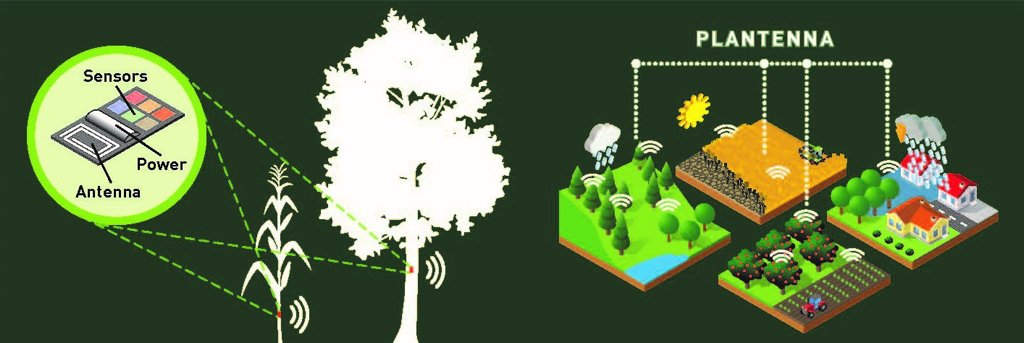
Current agrarian productivity lags far behind potential, especially in developing countries of Africa and Asia. Global land and water resources for crop production are limited and with global population soon to exceed 9 billion, increasing current crop yield on existing farmland is vital for ensuring food security. Water and nutrient availability is critical for plant for development, especially in the phase of seed development. At the same time cities are biologically extreme environments that suffer floods, droughts and environmental pollution, resulting in adverse health conditions and degradation of urban ecosystems. Changing climate, changing weather patterns and continued urbanisation will exacerbate these effects towards the future. Valuable water resources are being wasted and the presence and dispersion of pollutants in urban areas becomes a serious health risk for the many inhabitants. Harvesting local resources for use in urban agriculture and tackling environmental and health concerns in cities requires vastly improved environmental information and predictions, in both resolution and accuracy. Plantenna was proposed to deal with these challenges.
The mission of Plantenna is to develop vegetation-integrated, energy harvesting, autonomous sensors that measure in-plant and environmental parameters at high resolution and low cost. Sensor information will be used to develop methods for early detection of plant-stress and environmental strain. This in-turn will enable optimizing water and nutrient application schemes for climate smart agriculture, improve drought protection and support decision making for environmental protection and climate resilience.



